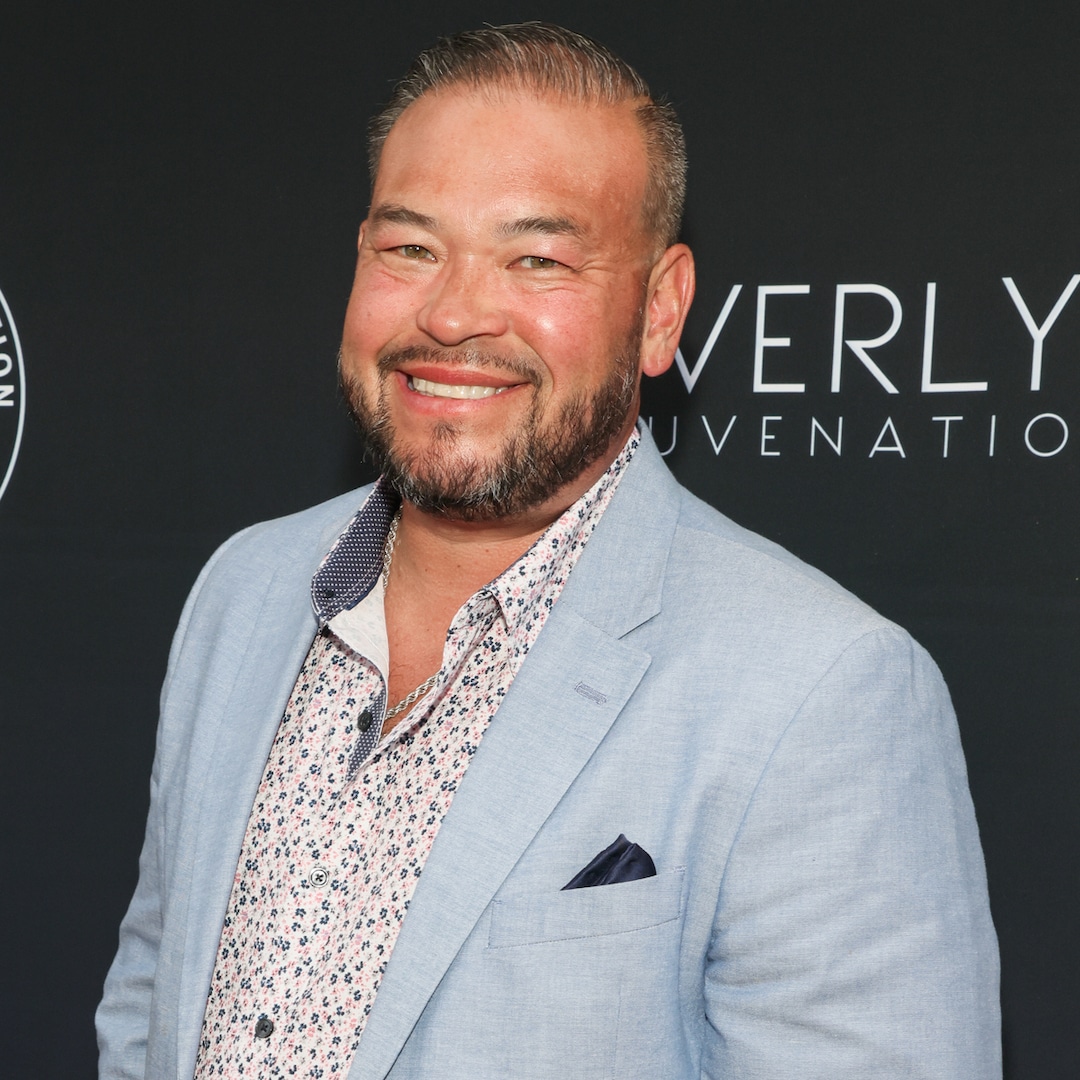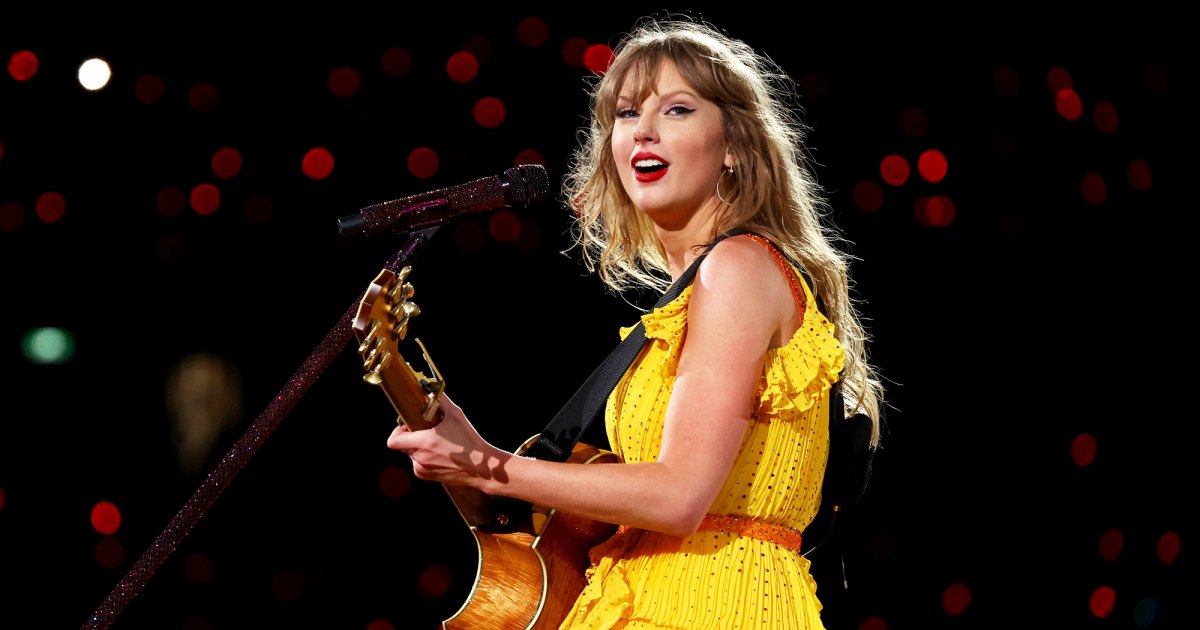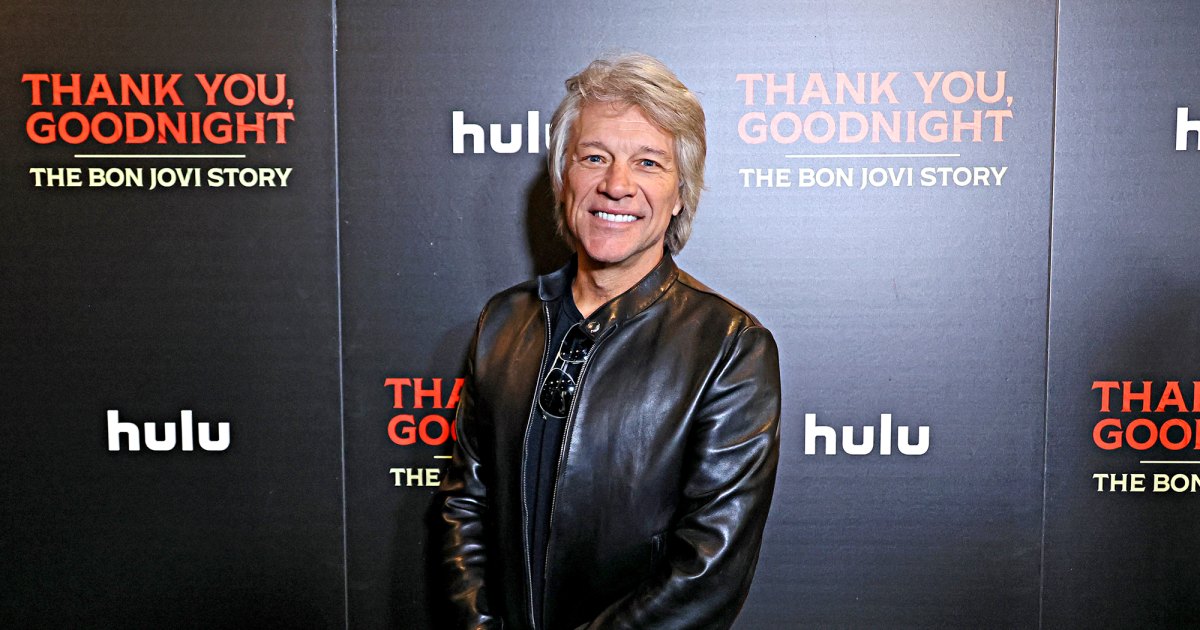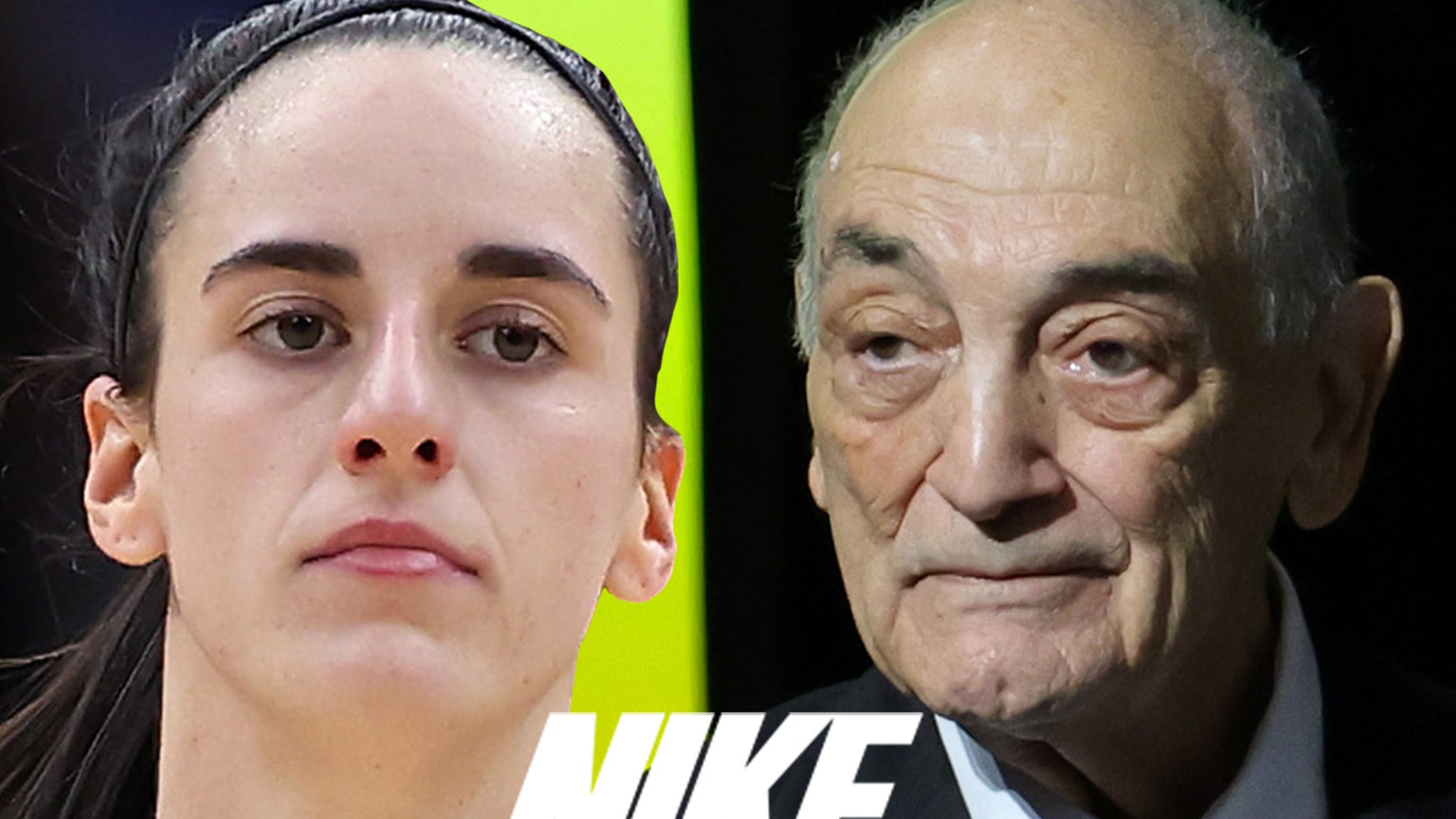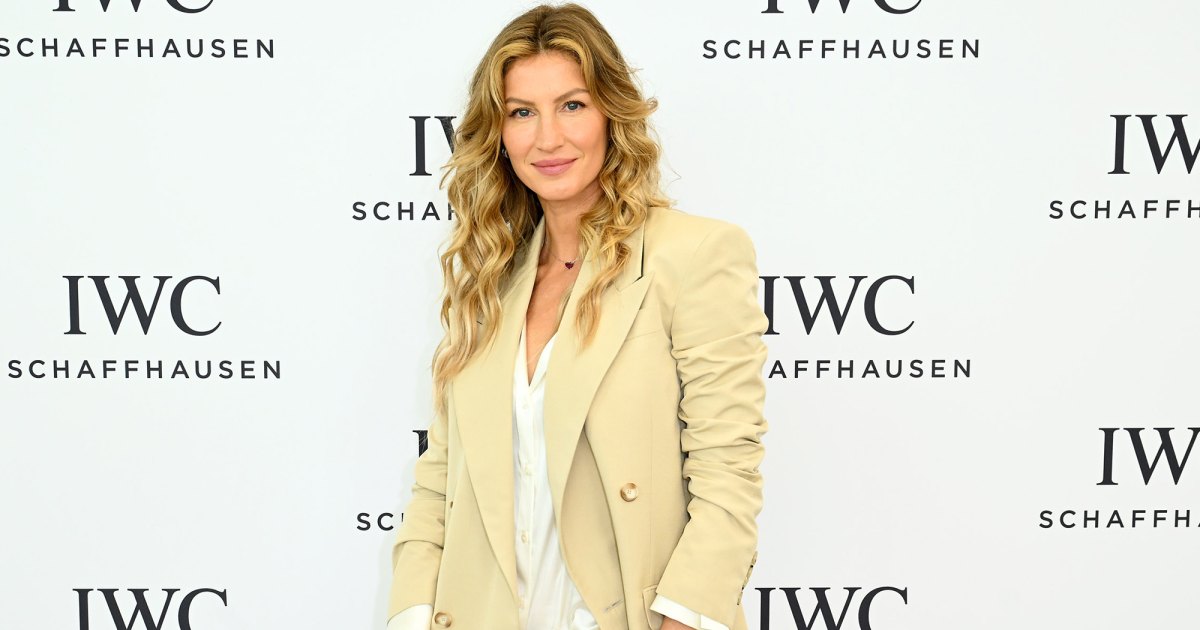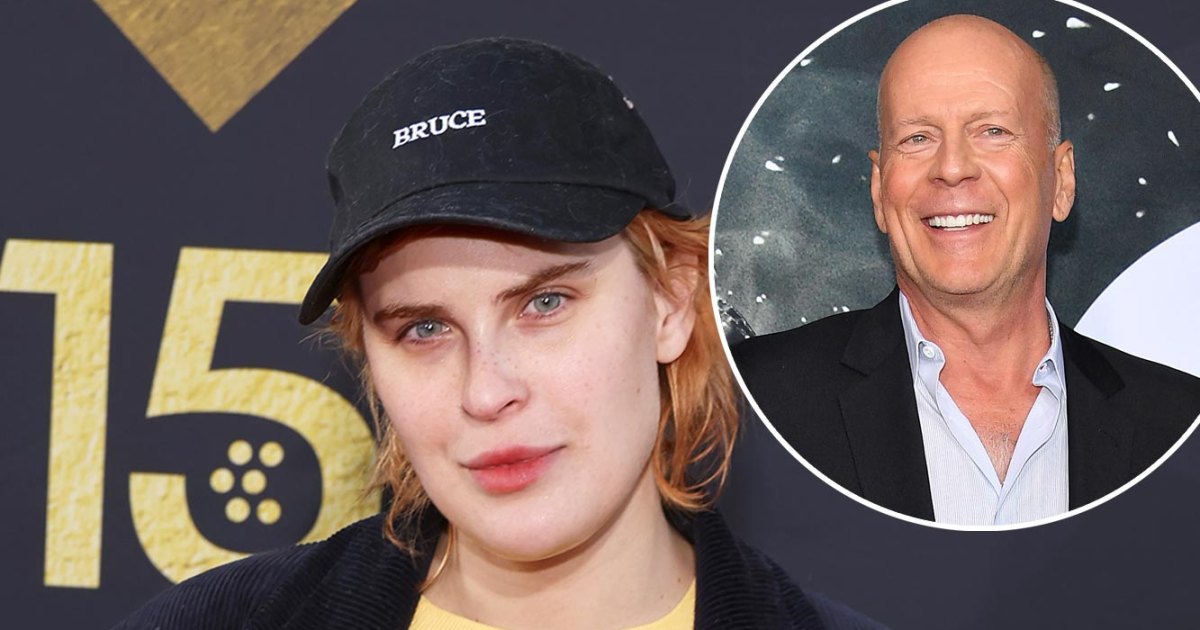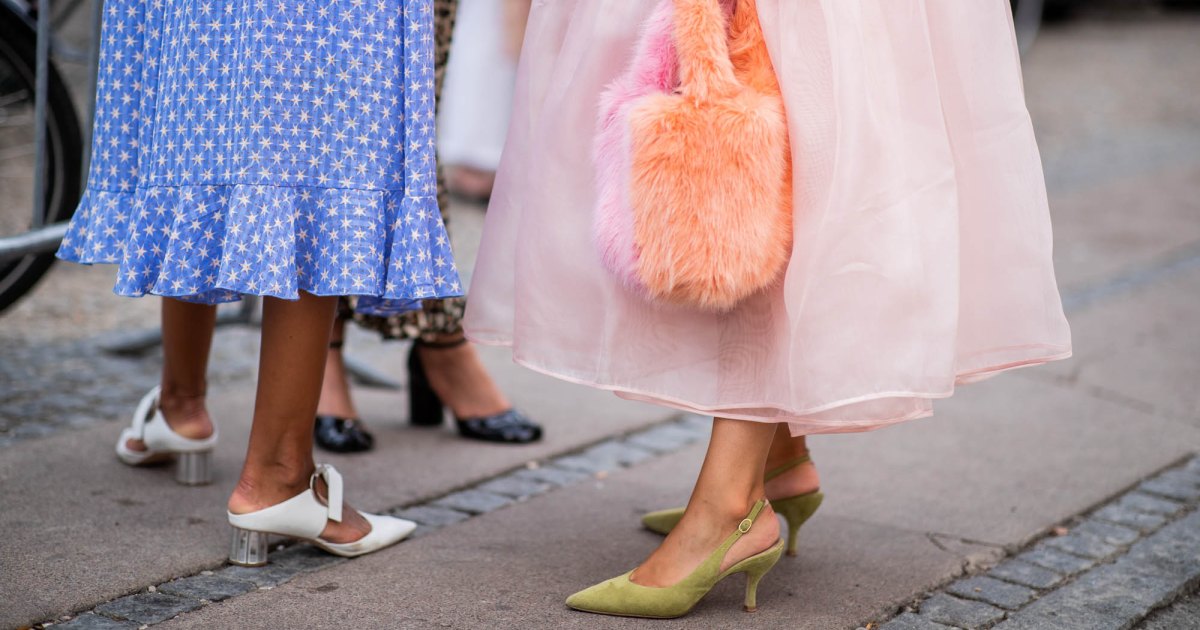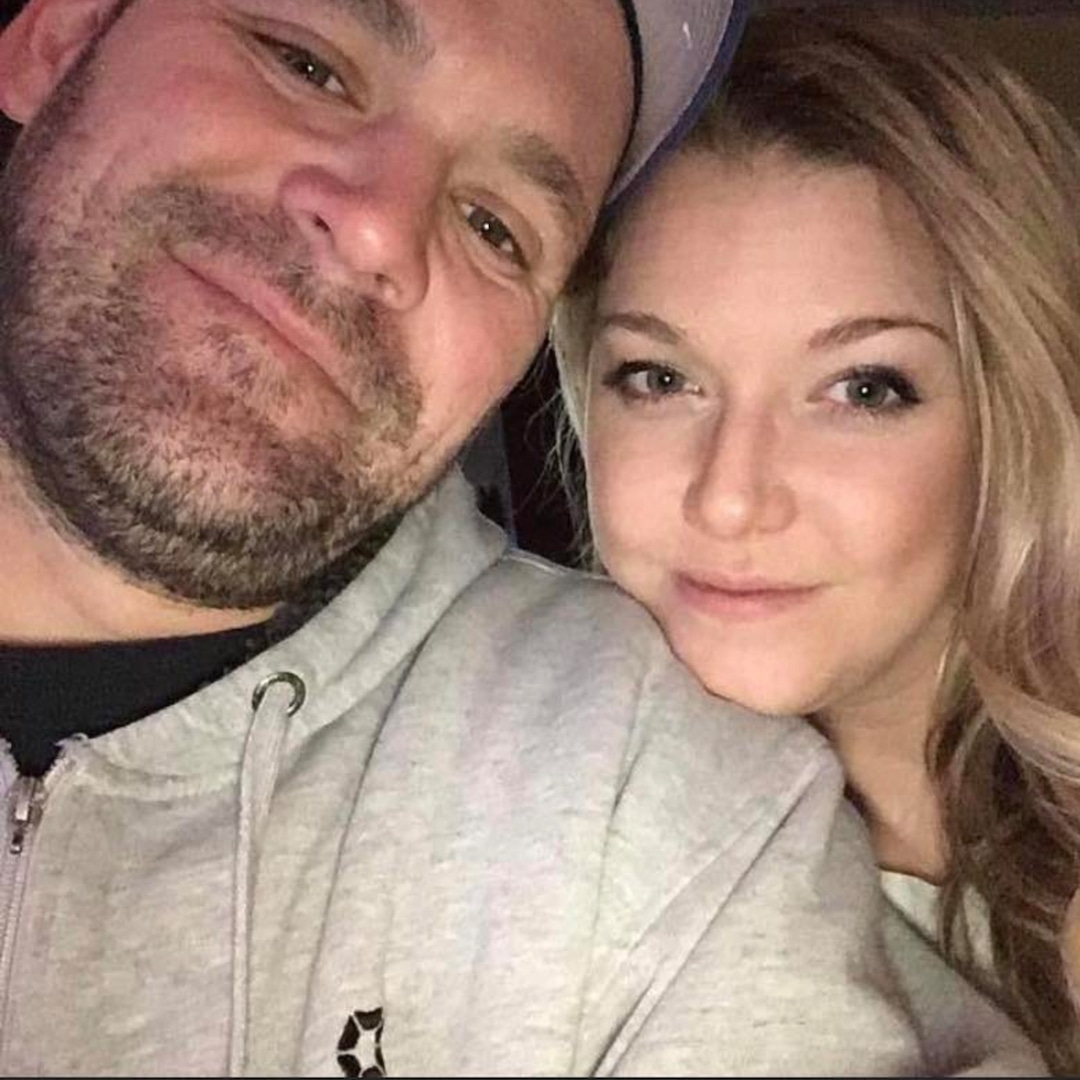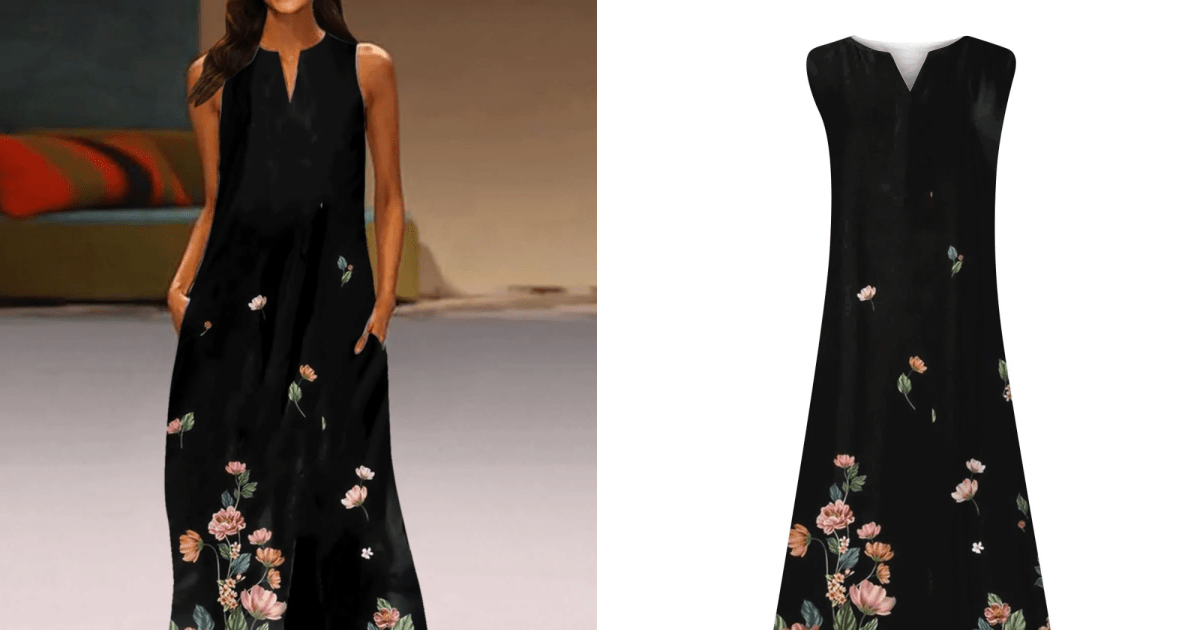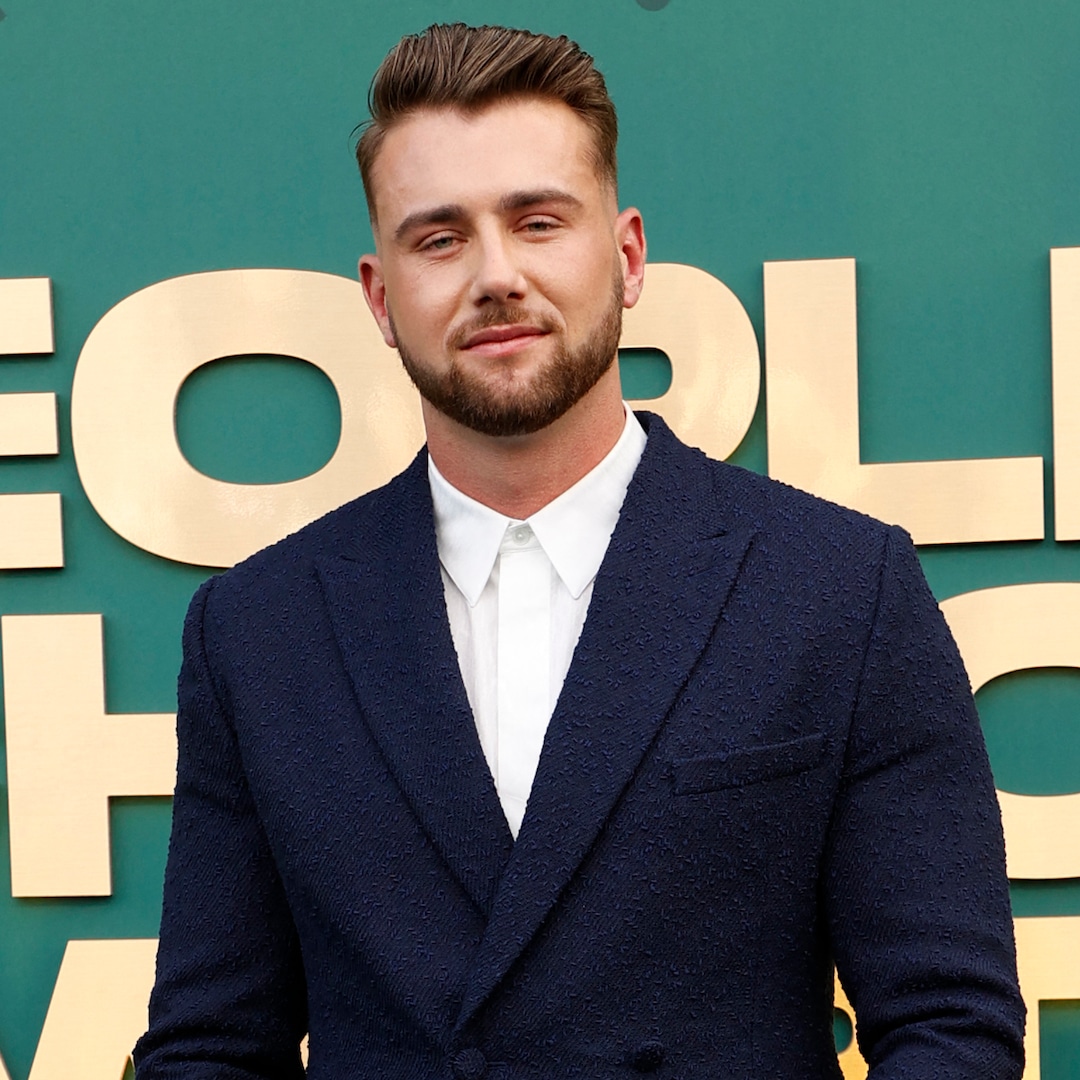Culture
In “Mary and George,” Julianne Moore Is a Scheming Mom

Standing in a shadowy archway on a bridge leading into Broughton Castle in Oxfordshire, England, sheep nibbling the grass below, Julianne Moore curtsied deeply, lowering her eyes before a splendidly gowned woman. “Your Majesty,” she began, before being drowned out by a loud “baa” from the sheep. Moore burst out laughing, as did her fellow actress, Trine Dyrholm, who was playing Queen Anne of England. “Talk to the sheep!” Moore commanded the director, Oliver Hermanus. “Tell them we’re doing a TV mini-series!”
That mini-series is the visually sumptuous, seven-part “Mary and George,” strewn with sex scenes that look like Caravaggio paintings and riddled with all the good things: intrigue, scheming, cunning and villainy. The show, which premieres on Starz on April 5, was inspired by Benjamin Woolley’s 2018 nonfiction book, “The King’s Assassin,” and tells the mostly true tale of Mary Villiers (Moore), a minor 17th-century aristocrat with major ambitions, and her ridiculously handsome son, George (Nicholas Galitzine), who she uses as a path to power and riches at the court of King James I (Tony Curran).
James likes ridiculously handsome young men. “The king,” says Mary’s new husband, Lord Compton, “is a dead-eyed, horny-handed horror who surrounds himself with many deceitful well-hung beauties.”
George’s ascent isn’t easy: Mary must get the current favorite, the Earl of Somerset (Laurie Davidson), out of the way; forge and break alliances; and murder the odd opponent. George, naïve and insecure, must learn how to deploy his beauty and charm. But over the course of the series, George becomes a powerful political figure, with Mary a formidable, frequently antagonistic, presence alongside him.
“These are people who use sex not just for intimacy and relationship building, but for power, as a transaction,” Moore said in a video interview. “The most compelling thing to me about Mary was that she was very aware of how limited her choices were. She had no autonomy, her only paths are through the men she is married to, or her sons.” George, she said, “is almost her proxy; he has access to a world she doesn’t have.”
Moore added that she was also intrigued by playing “a not particularly admirable character. There is a neediness and voraciousness in her that is kind of shocking,” she said. “She rips through life and people.” (The one exception is her uncharacteristically tender relationship with Sandie, a brothel owner played by Niamh Algar.)
George, at least at the outset, is quite different. “When we meet him, he is a very soft, fragile young man,” Galitzine said. “Then gradually, through the machinations of his mother, he turns into a coarse villain.” He and Moore didn’t discuss their characters or relationship much, he said, which fed his interpretation. “George feels very uneasy around his mother a lot of the time, he doesn’t know whether her love for him is unconditional,” he said. “In a lot of ways, their relationship is much less tender than the one he has with James.”
The king was a fascinating, complex character, to play, Curran said, and much less well-known than his Tudor predecessors. “Julianne was the only American in the show, and said she didn’t know much about King James. Then she got to England and realized that no one there knew much about him either,” he said. “But he was an influential monarch: a king who did not go to war, a misunderstood king, a queer king, a Scottish king on an English throne.”
Although James’s sexuality drives the story, Curran said that surviving letters between George and the king suggest a deep relationship. “Nick and I talked about that a lot,” he said. “How their relationship grew, whether James was in love with George, and if it was reciprocated.”
Our current era tends to see history through a Victorian lens, said the producer Liza Marshall, who developed the show after being intrigued when she heard about a lecture on James’s sexuality. “We think we invented modern sexuality, but I think people accepted the king, who was married with nine children, liked handsome young men, and didn’t judge that.”
The show’s writer, D.C. Moore (“Killing Eve”) said he knew immediately that the characters’ language “had to have a wit and a verve and a drive, and be front-footed and unashamed.” He added that, although he wove in phrases from George and James’s letters and other historical sources, he had been “free and fresh with the dialogue, because I wanted people to understand this era.”
Hermanus, the show’s lead director — who had never worked in TV before, and whose movies have mostly been set in modern-day South Africa — said that when he read the first three episodes, he laughed out loud. “It was so funny and brave and daring and mad,” he said. “I thought, I’d love to try that, because I had never worked in that tone before.”
He developed an “animalistic and cutthroat” aesthetic, showing the production team and cast collages of “animals being torn apart, pheasants being attacked by dogs, swans being assaulted. It felt like the right reference: Eat, or be eaten.”
The director added that he had used a lot of slow motion to enhance the painterly settings. “You have time to absorb the details and create drama,” he said. “People staring at each other: Who is looking at who, who is plotting against who?”
Hermanus, who directed the first three episodes (Alex Winckler and Florian Cossen were the other directors) said that he had been emphatic about wanting the sex scenes to be specific. “We had a great intimacy coordinator, and it was really great to be adventurous about how we choreographed those scenes,” he said.
Moore said that she had loved the vitality and urgency of the show, and the awareness that “this history could be told through a female lens, a queer lens. Oliver always said it felt very punk, very active and modern.” She laughed. “It’s not a historical drama that is relaxing!”



